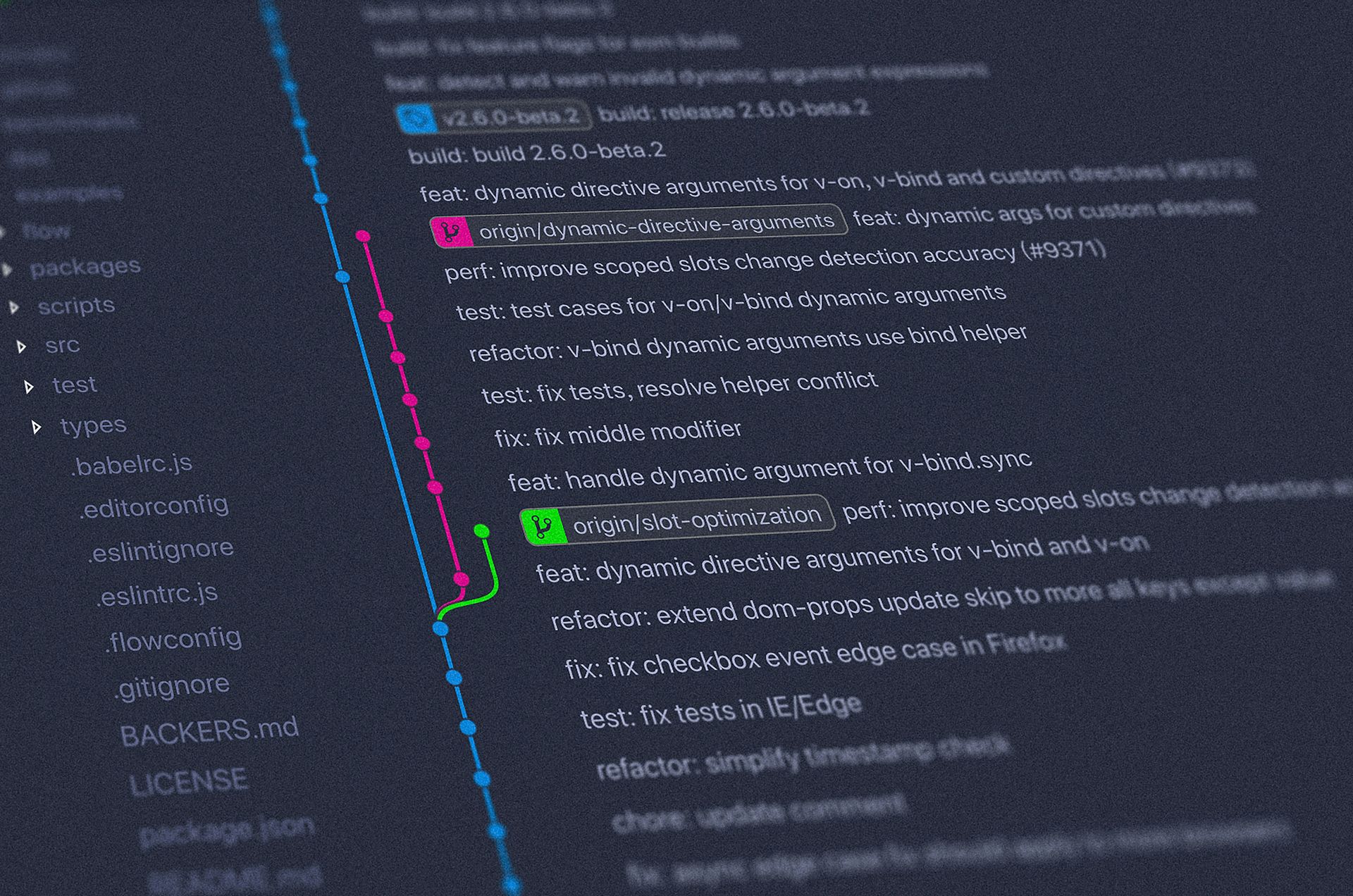Amazon wants to use GitHub’s data to support its AI ambitions. The company’s focus is on GitHub, the well-known code-sharing platform from Microsoft, which includes a wealth of knowledge and code. Developing powerful AI models requires large amounts of high-quality data. Amazon is pushing the envelope to access these valuable resources. However, GitHub’s limitations on data collecting present a problem for Amazon and make this objective challenging to accomplish.
To circumvent these restrictions, Amazon has adopted a controversial approach. The company is reportedly instructing its employees to create multiple GitHub accounts and share them with the company, effectively speeding up the data collection process. This method, revealed through a leaked internal memo, raises significant ethical and privacy concerns. The urgency and determination to collect data underscore the competitive nature of the AI industry, where every bit of information can provide a crucial edge over rivals.

Amazon’s risky move and ethical issues
The ethical implications of Amazon‘s approach cannot be ignored. By potentially bypassing GitHub‘s data collection limitations, Amazon risks unauthorized use of data, drawing parallels to Microsoft‘s controversial use of GitHub data for its AI service, Copilot. This tactic not only calls into question the transparency of data usage policies but also emphasizes the fierce rivalry between the biggest tech companies in the AI space. As Amazon strives to catch up with Microsoft, Google, and Meta, the adherence to data privacy and ethical principles becomes a topic of intense scrutiny.
Amazon’s strategy to overcome GitHub’s data collection restrictions involves an unconventional and ethically dubious method. The internal memo reveals that employees are tasked with creating and sharing multiple GitHub accounts to expedite the data collection process. This approach, while potentially effective in reducing collection time to a few weeks, raises significant ethical and privacy concerns. The use of multiple accounts to bypass restrictions may be seen as a violation of GitHub’s terms of service, leading to potential legal and reputational risks for Amazon.

The ethical issues surrounding this strategy are multifaceted. On one hand, Amazon’s hunger for data to develop advanced AI models is understandable given the competitive pressures in the tech industry. On the other hand, the potential for unauthorized use of someone else’s data without proper consent or transparency raises serious ethical questions. This situation mirrors the allegations faced by Microsoft regarding its use of GitHub data for Copilot, suggesting a broader industry trend of pushing ethical boundaries in the race for AI supremacy.
Amazon claims to have obtained approval from its legal and security teams for this data collection strategy, yet the broader implications of such a move remain unclear. The reliance on multiple accounts to circumvent data restrictions highlights the lengths to which companies are willing to go to gain a competitive edge. This approach not only risks violating data privacy norms but also sets a concerning precedent for future data collection practices in the tech industry. As the AI race intensifies, the ethical considerations of data usage become increasingly critical.

Competition heats up, future uncertain
The competition between tech giants like Amazon, Microsoft, Google, and Meta is intensifying as each company strives to develop the most advanced AI models. Data wars are likely to break out as a result of Amazon’s targeting of GitHub data. This battle is already fierce. As companies seek to collect massive amounts of data to train their AI systems, the ethical and privacy implications of these practices are coming into sharper focus.
The implications of Amazon’s move extend beyond the immediate competition with Microsoft. As more companies adopt aggressive data collection strategies, the need for stricter regulations and ethical guidelines becomes apparent. The future of AI development will likely involve more stringent oversight to ensure that data usage practices adhere to ethical standards. Protecting the rights of developers and maintaining transparency in data usage will be crucial in navigating the complex landscape of AI technology. As the AI race continues, the importance of ethical considerations in data collection and usage cannot be overstated.
Featured image credit: Daniel Eledut / Unsplash





